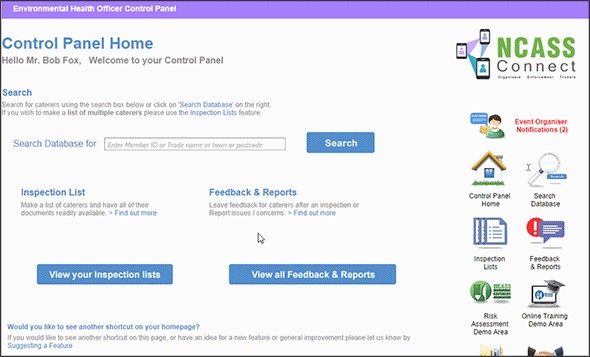Online Trader Tool Provides Energy Requirements
NCASS (The Nationwide Caterers Association) have launched Connect, a new online hub for administration and due diligence documentation. This will be of great assistance to both Food Safety Authorities checking food suppliers at festivals, as well as festival organisers and event planners predicting how much energy they’ll need to supply for traders.
Connect is a trader database, which contains important documentation and certificates such as training and hygiene certificates. It operates like an online passport into any events, as event organisers can simply vet trader applications through Connect rather than requesting documentation. What is even more revolutionarily, is the inclusion of an energy calculator, so mobile caterers and festival food suppliers can list the kilowatt needs of their appliances and gas requirements.
This will greatly improve festival organisers’ ability to estimate the energy required for their event, and subsequently better predict the capacity of the generators required to supply specific clusters of caterers. This will lead to huge savings, both in terms of money and energy – Powerful Thinking’s 2013 guide, “The Power Behind Festivals”, found that overprovision of generator capacity, and, subsequently, generators being run at low loads is common at festivals, and a big source of energy inefficiency.
Traders can join Connect for free, as can events and festival organisers and enforcement officers. It will be possible to see which traders and are signed up for what festivals. This will also improve efficiency for the Food Standards Agency and enforcement officers who will be able to check in advance which food suppliers they have already checked at earlier festivals.
NCASS will also partake in another sustainability initiative this summer. They’ll be linking up with FareShare and A Greener Festival to work on saving up to 60 tonnnes of food that is otherwise wasted at festivals. Eighth Plate, a food waste distribution project, will collect, redistribute and look at cooking food into meals. This food will be given to charities and food banks to provide free meals for those in need.

